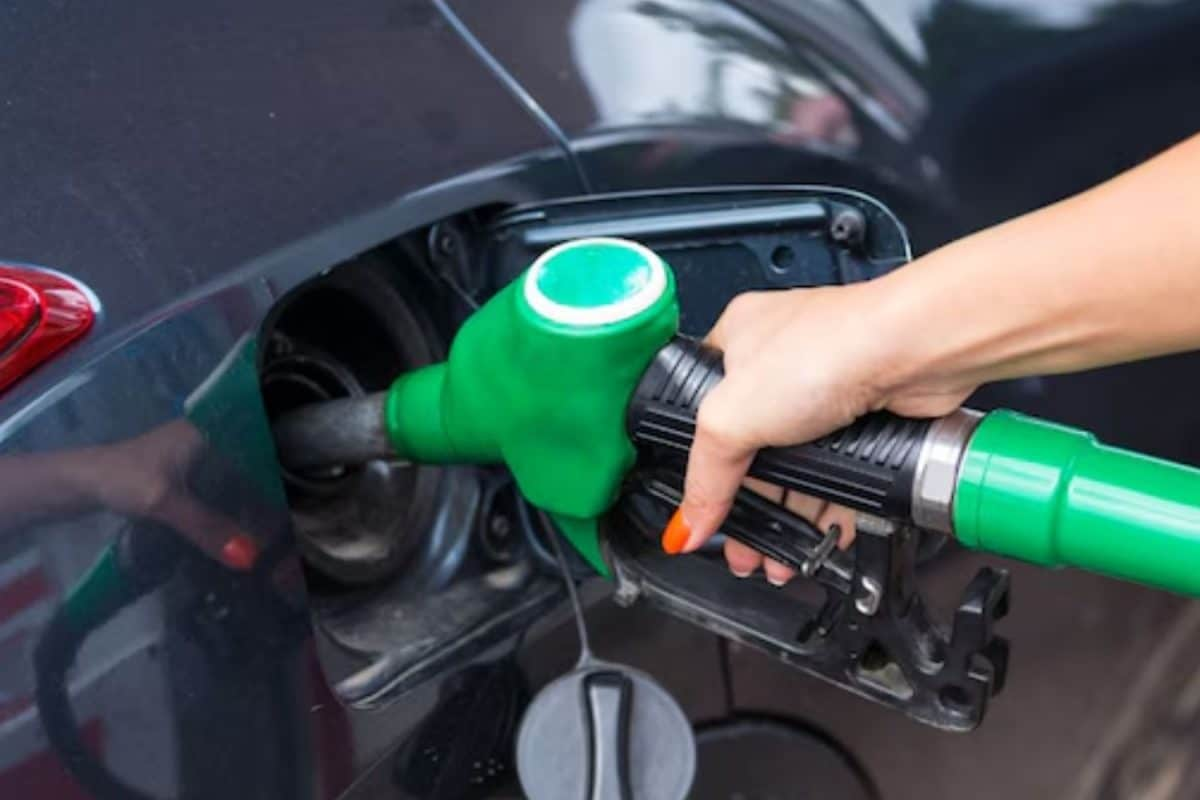

Fuel prices across India remained largely stable on June 23, 2025, with state-run oil marketing companies (OMCs) like Indian Oil Corporation continuing their daily review process. This stability follows a period of relative calm in the market after the last major price revision in March 2024, when petrol prices were reduced by ₹2 per litre. The current steadiness reflects a combination of factors, including global crude oil prices, exchange rates, and government policies.
In Delhi, petrol is retailing at ₹94.77 per litre, while diesel costs ₹87.67. Mumbai residents are paying ₹103.50 for a litre of petrol and ₹90.03 for diesel. Chennai sees petrol sold at ₹100.80 per litre and diesel at ₹92.39. Kolkata's prices stand at ₹105.41 for petrol and ₹92.02 for diesel. These prices reflect slight variations across different cities due to factors like state taxes and transportation costs.
The daily revision of fuel prices, a practice in place since June 16, 2017, aims to ensure that market fluctuations are promptly reflected at the pump. This dynamic fuel pricing methodology considers international crude prices, the rupee-dollar exchange rate, demand, and global crude market trade flows. While only about 20% of India's 58,000 petrol bunks are automated to revise prices without human intervention, the daily adjustments provide transparency and allow consumers to pay market-determined prices.
Global crude oil prices are a key driver of domestic fuel costs. Recently, the oil market has experienced volatility, with futures fluctuating significantly. Investors are closely monitoring US economic indicators and geopolitical tensions in the Gulf countries, as these factors can influence crude oil demand and prices. As of today, international crude oil prices are trading at around $78.5 per barrel, while US Brent crude is costing $82.4 per barrel.
Taxes also play a significant role in determining the final price of petrol and diesel. The central government and various state governments levy taxes on fuel, which can vary and contribute to price differences across regions. These taxes, along with factors such as crude oil prices, processing costs, dealer commissions, and VAT, all contribute to the final cost consumers bear.
While the rise of electric vehicles (EVs) and alternative fuels could potentially impact petrol demand and prices in the long term, India's growing economy and rising living standards suggest that demand for vehicles and fuel will continue to be substantial in the coming years. The stability in fuel prices is currently supported by stable taxation policies implemented by the central government.